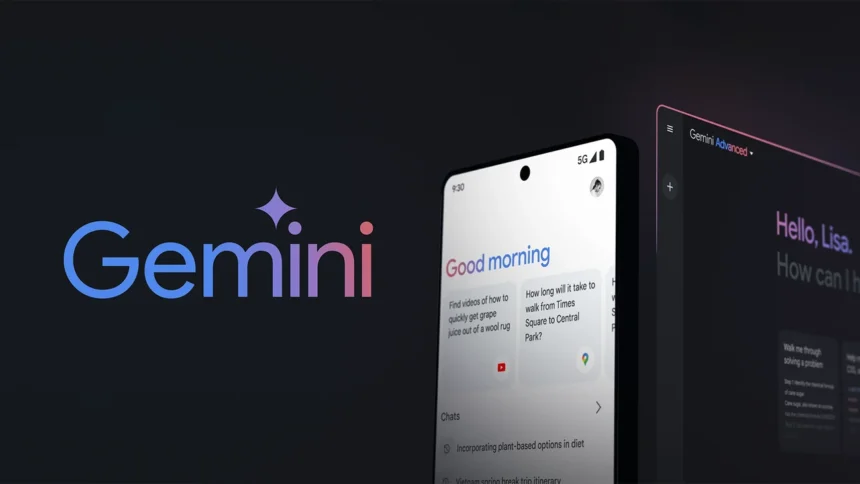At the recent I/O 2024 biggest developer conference, Google shared more developer resources, and on-device AI was the key area of focus for the future of Android.
Since on-device AI is the big priority for Android going forward, this suggests that Android will have more features and functionalities that process data directly on the device rather than relying on the cloud. The “Android on-device AI under the hood” I/O 2024 sessions offered “good use cases” for on-device generative AI.
- The goal is to provide a summary or overview of the text.
- Create help in suggesting responses in messaging applications or generating text.
- Classify for detecting sentiment and mood in conversations or text.
There are several benefits, including secure local processing, offline availability, reduced latency, and many more; however, the restrictions are a smaller parameter size of 2–3 billion, or “almost an order of magnitude smaller than cloud-based equivalents.”
Apart from this, there is also a tiny context window, and the model will be less flexible. Gemini Nano of Android is the “foundational mode of choice for building on-device GenAI replications,” however, users have the power to choose and run Gemma and other open models as well.
At the moment, Google apps (Summarize, Magic Compose, and Smart Reply) are the only ones that are capable of using on-device Gemini for features such as summarizing recordings, composing messages, and suggesting replies. However, Google is working with developers on other interesting uses of on-device Gemini, and these are expected to be introduced by the end of this year.
Google is also expected to use Gemini Nano soon for TalkBack captions, Gemini dynamics suggestions, and spam alerts, whereas a multimodality update is expected to start with Pixel.











